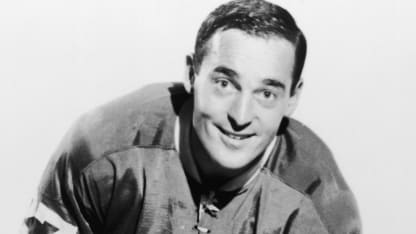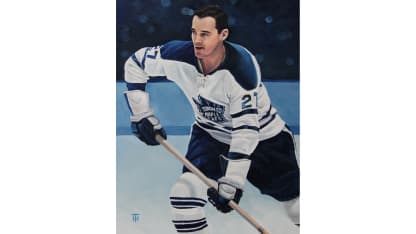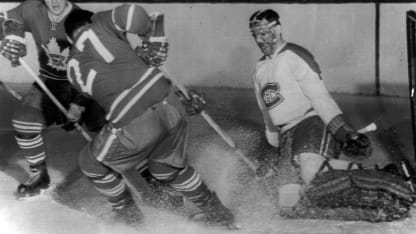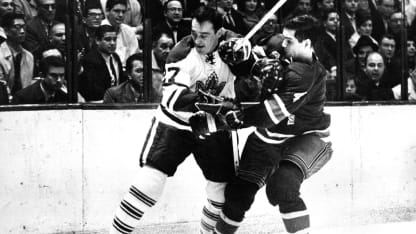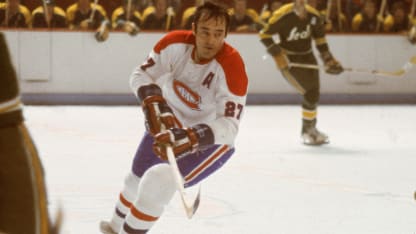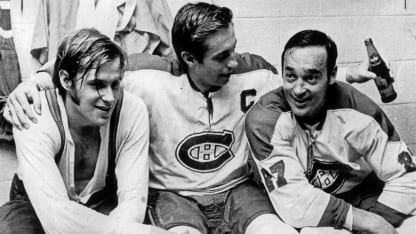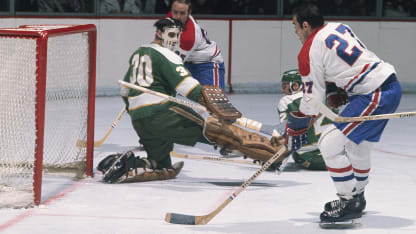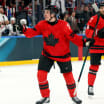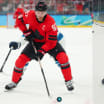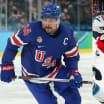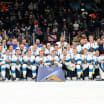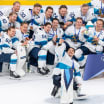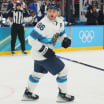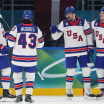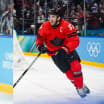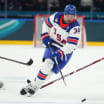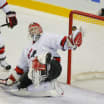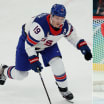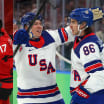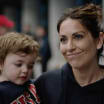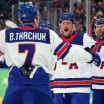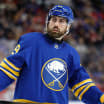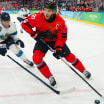There was only one "Big M" -- Frank Mahovlich.
The nickname fit; at 6-foot-1, 200 pounds, he was among the larger NHL players of his day. In addition to his size, he also had a big shot, big talent, wore a big number on his sweater and came to Toronto with big expectations -- so big that Maple Leafs fans also took to calling him "Moses." They hoped he'd lead Toronto to the promised land of Stanley Cup glory.
And when Mahovlich roared down left wing carrying the puck, the crowd inevitably let out a roar of its own. Most often it was a roar of anticipation, of hope that No. 27's rush would result in a goal. But at times impatient fans in Toronto booed, wanting even more from a man who would score 584 goals (regular season and Stanley Cup Playoffs combined) and assist on 637 between 1957 and 1974 for the Maple Leafs, Detroit Red Wings and Montreal Canadiens.
